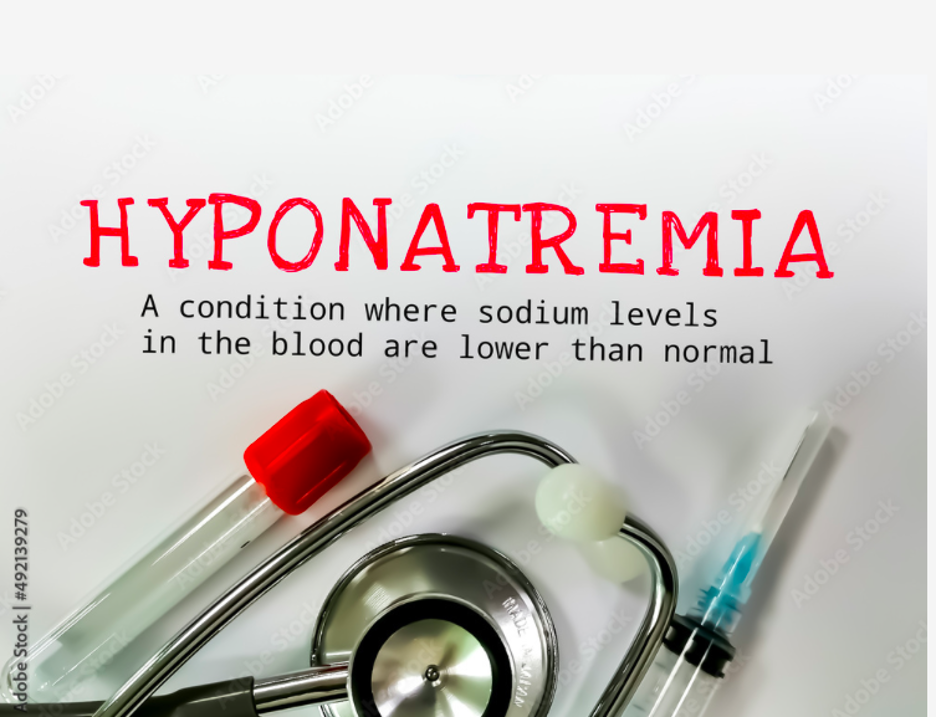Hyponatremia (Low Blood Sodium Level)
Medical Malpractice Attorneys in Pennsylvania
Contact Frischman & Rizza Today
Frischman & Rizza, P.C.

Quick Facts
Hyponatremia is the medical term for low blood sodium levels and results in an excess of water in the body relative to blood sodium. It can be of an acute onset (less than 48 hours) or of a chronic onset (more than 48 hours). Acute Hyponatremia can be due to a marked increase in water intake or fluid excretion.
As to the classifications of Hyponatremia, the following definitions are commonly used:
Mild→→→ serum sodium concentration of "130-134"
Moderate →→ serum sodium concentration of "120-129"
Severe serum sodium concentration of “< 120"
Serum sodium levels that fall below 115 represent a potentially critical condition that can result in seizure, coma, and death can occur.
Common Causes of Hyponatremia
Although there are numerous potential causes of Hyponatremia, some of the most common include:
● Prescription medication related (such as diuretics, some pain, and certain antidepressants).
● Recreational drug use (Ecstasy).
● Alcoholism
● Chronic heart failure.
● Chronic liver and kidney disease.
● Severe diarrhea/vomiting.
● Neurologic disease (brain tumors, brain bleeds, meningitis, encephalitis).
● Excessive water intake.
● Hormone imbalance - Syndrome of Inappropriate Anti-Diuretic Hormone (SIADH).
It is not uncommon for hospitalized patients, especially those with chronic illness and who are maintained in an
emergency room setting to develop Hyponatremia.
Have you been injured?
Contact an attorney at Frischman & Rizza for a free case evaluation
Call Us On (412) 247-7300
Hyponatremia Symptoms
As discussed above, severe Hyponatremia can cause brain injury due to swelling, which if not reversed, can lead to seizure, coma, and potentially death. However, with mild to moderate Hyponatremia, the symptoms can mimic other less serious conditions, such as:
● Nausea and vomiting.
● Fatigue.
● Headache.
● Dizziness.
● Gait disturbance.
● Confusion.
As a result, blood sodium testing is required to diagnose hyponatremia and its severity.
Treatment of Hyponatremia
When developing a treatment plan of Hyponatremia, it is important to determine the person's volume status (is the Hyponatremia dilutional in nature from increased water intake or from decreased water excretion from kidney failure), whether it is acute or chronic, the severity, and the existence or absence of symptoms. In those situations where Hyponatremia is due to excess fluid, fluid intake is restricted to attempt to normalize blood sodium levels.
Conversely, in those patients whose Hyponatremia is caused by significant fluid loss or chronic disease, fluid replacement, usually with a saline solution, is initiated. The goal of treatment includes preventing further declines in blood sodium levels (water restriction and/or salt tablets), relieving the patient's symptoms, and avoiding overcorrection of Hyponatremia. While it can be dangerous to have low blood sodium levels, it is also dangerous to overcorrect or to reverse low blood sodium levels too quickly.
When correcting Hyponatremia, sodium correction needs to occur slowly, usually 4-6 milliliter equivalents over the first 24-hour period. This is especially true with severe Hyponatremia (< 120) as rapid correction of blood sodium levels can cause severe neurologic complications and a sometimes-irreversible brain condition called Osmotic Demyelination Syndrome, which can lead to conditions like locked-in syndrome.
Medical Malpractice of Hyponatremia
The bottom line is that Hyponatremia is a commonly encountered problem by medical providers. While usually transient in nature and not accompanied by severe symptoms, it is nonetheless a potentially lethal condition. It is for this reason that prompt diagnosis, appropriate monitoring, and measured correction (if required) of Hyponatremia be undertaken.
We have devised a strategy for evaluating injuries caused by the failure to diagnose Hyponatremia, or more often, by correcting low blood sodium levels too rapidly. We review medical records, peer-reviewed medical articles from recognized and well-regarded medical journals to confirm our theory of the case. We then seek out the best available medical experts to support our position and provide our clients with the best opportunity for success.
Frischman & Rizza, P.C. are medical malpractice attorneys serving the entire state of Pennsylvania. If you have suffered from hyponatremia due to potential medical negligence, leading to pain and suffering, or have a malpractice claim, we are here to help. We have devised a strategy for evaluating injuries caused by the failure to diagnose Hyponatremia, or more often, by correcting low blood sodium levels too rapidly.
We review peer-reviewed medical articles from recognized and well-regarded medical journals to confirm our theory of the case. We then seek out the best available medical experts to support our position and provide our clients with the best opportunity for success.
Our law firm operates on a “No Fee Unless We Win” basis, handling all medical malpractice cases on a contingency fee arrangement. If you are ready to pursue a legal case for medical malpractice in Pittsburgh or the surrounding areas, contact Frischman & Rizza for a free consultation.


